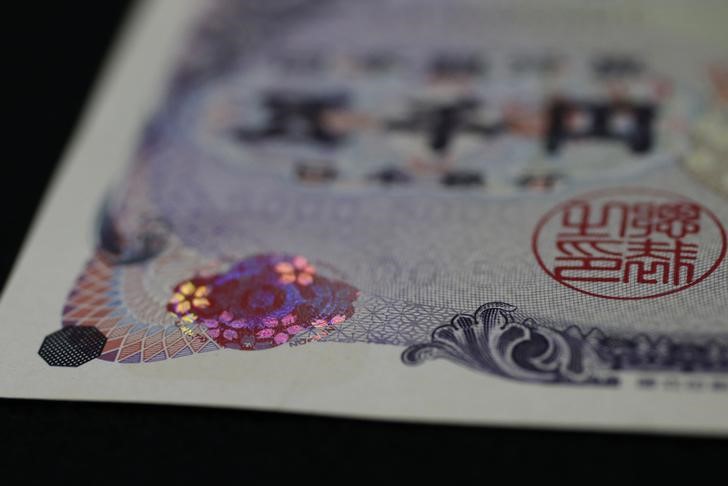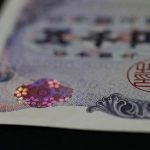
The USDJPY pair, which gauges the amount of yen required to buy one dollar, was trading down 0.2% at 153.34 yen. It had fallen as low as 152.9 on Thursday, reaching its weakest level since mid-April.
The USDJPY pair fell sharply through this week amid increasing evidence that the Japanese government had intervened in markets on at least three separate instances- on Monday, Wednesday and Thursday.
The suspected intervention came after the USDJPY pair surged to 160 at the beginning of the week, which traders said was the new line in the sand for the yen. The Japanese currency started the week at its weakest level since 1990.
The factors that had pressured the yen in the lead-up to this week still remained in play. Recent comments from the U.S. Federal Reserve reinforced expectations that interest rates will remain high for longer.
A widening gap between U.S. and Japanese rates was a key point of pressure on the yen, with a historic rate hike by the Bank of Japan in March doing little to alleviate this pressure.
The BOJ also offered middling signals on future rate hikes during a late-April meeting, which triggered the yen’s recent bout of losses.
While Japanese government officials did not directly confirm this week’s intervention, Reuters estimated that Japan may have spent between 3.66 trillion yen and 5.5 trillion yen ($23.59 billion- $35.06 billion) when intervening in markets on Monday, based on BOJ data.
To read the full article, Click Here

